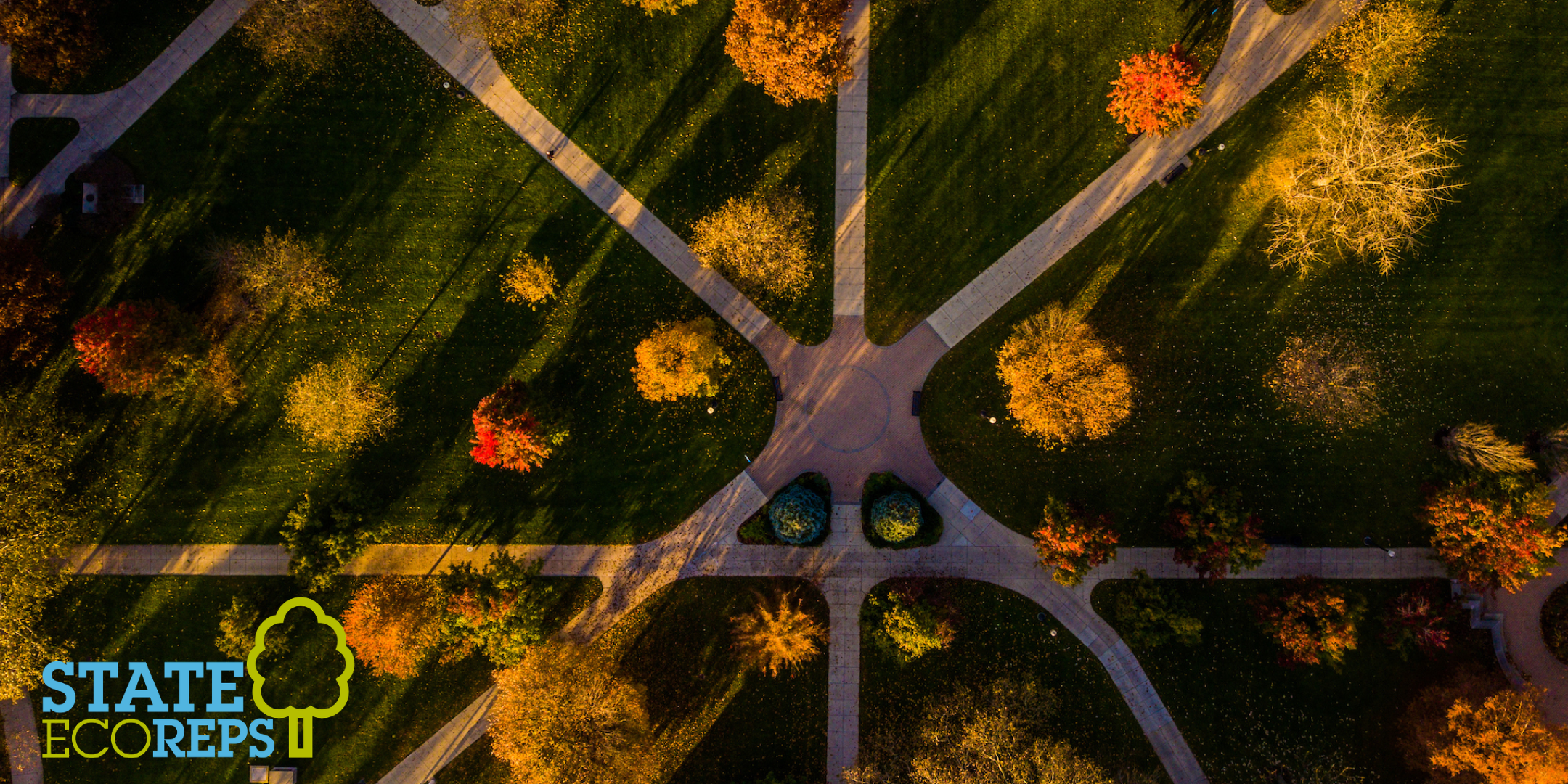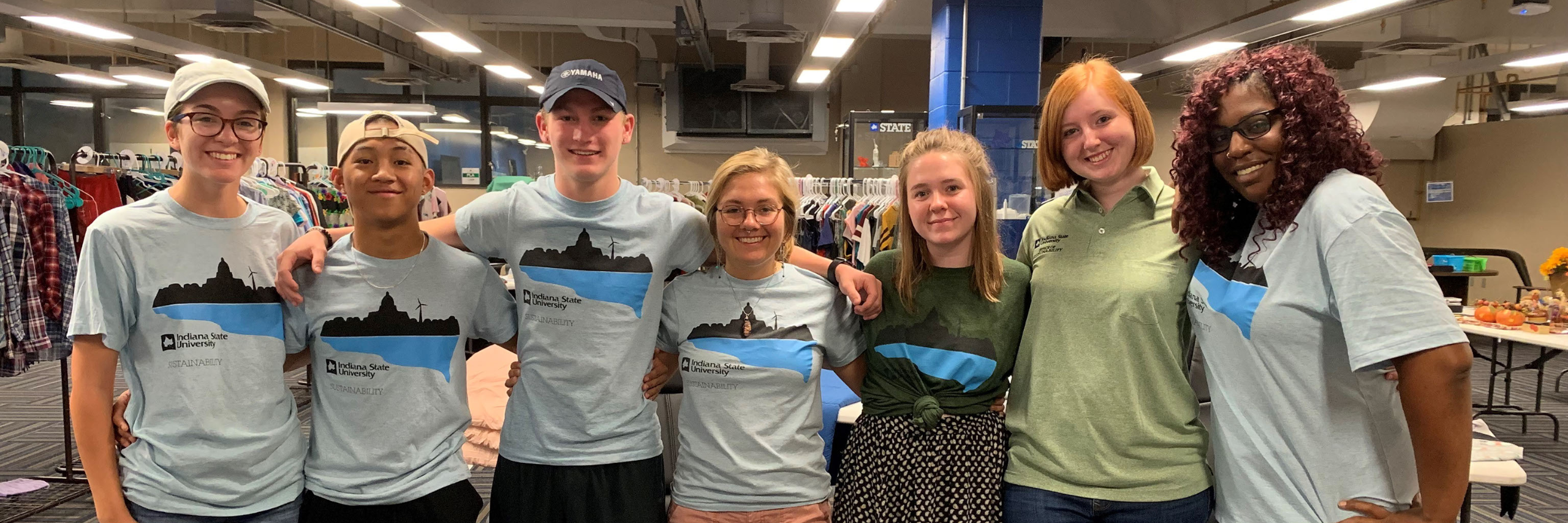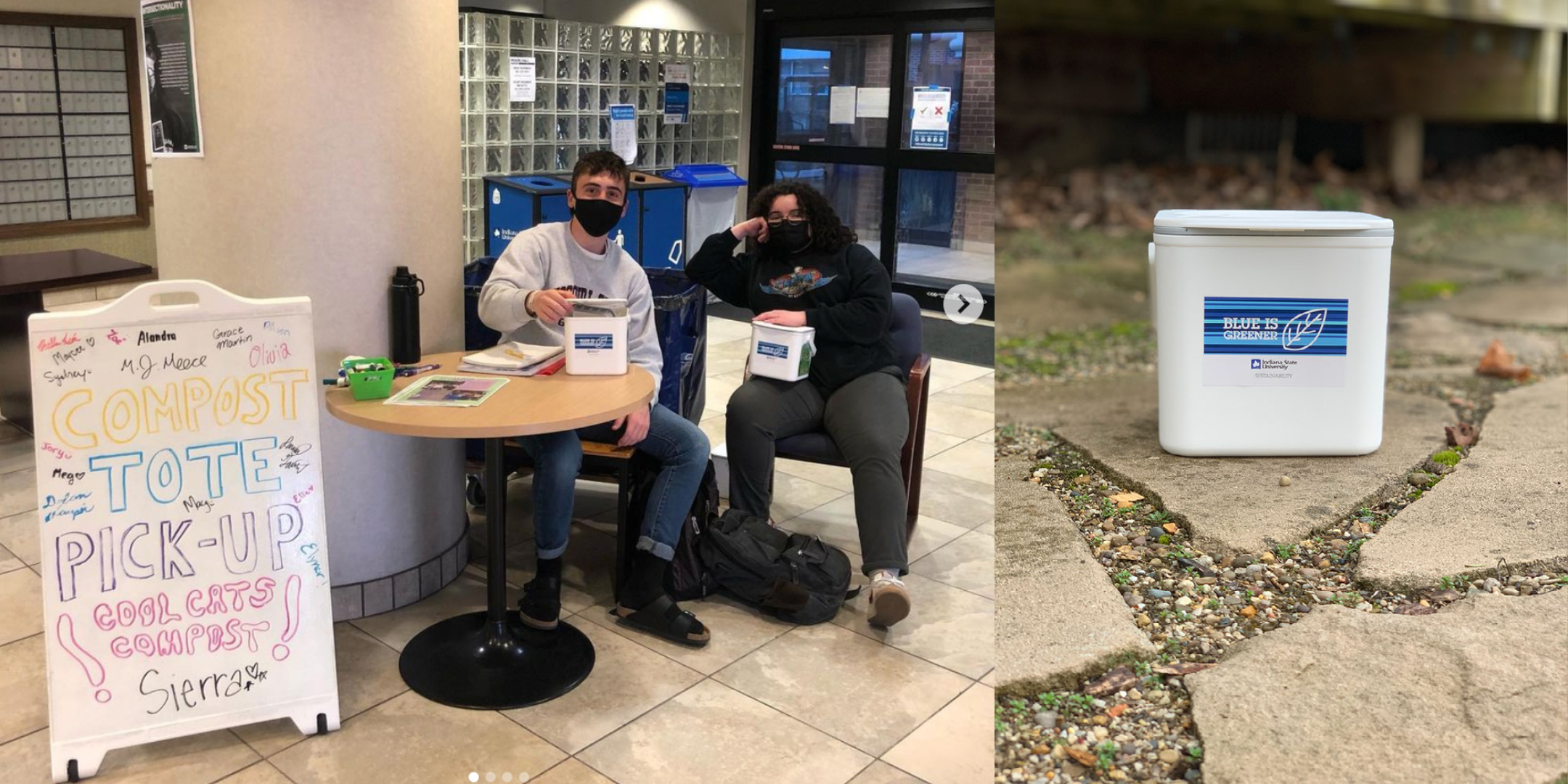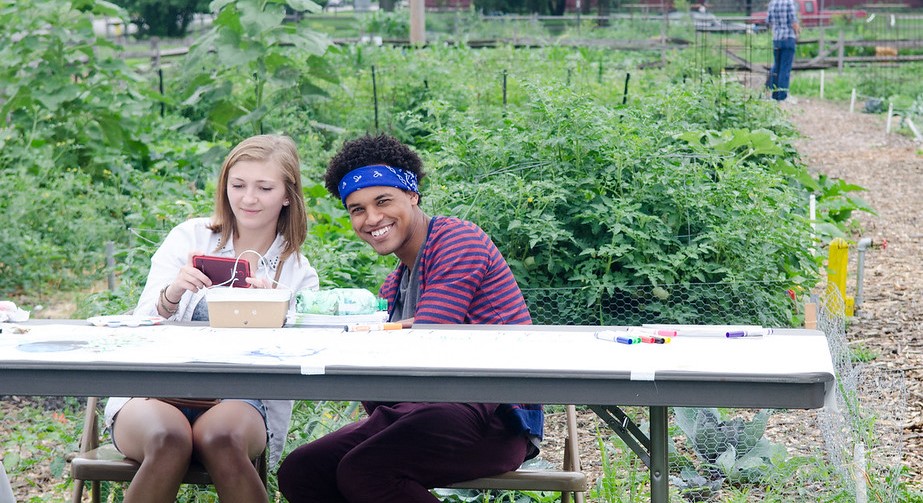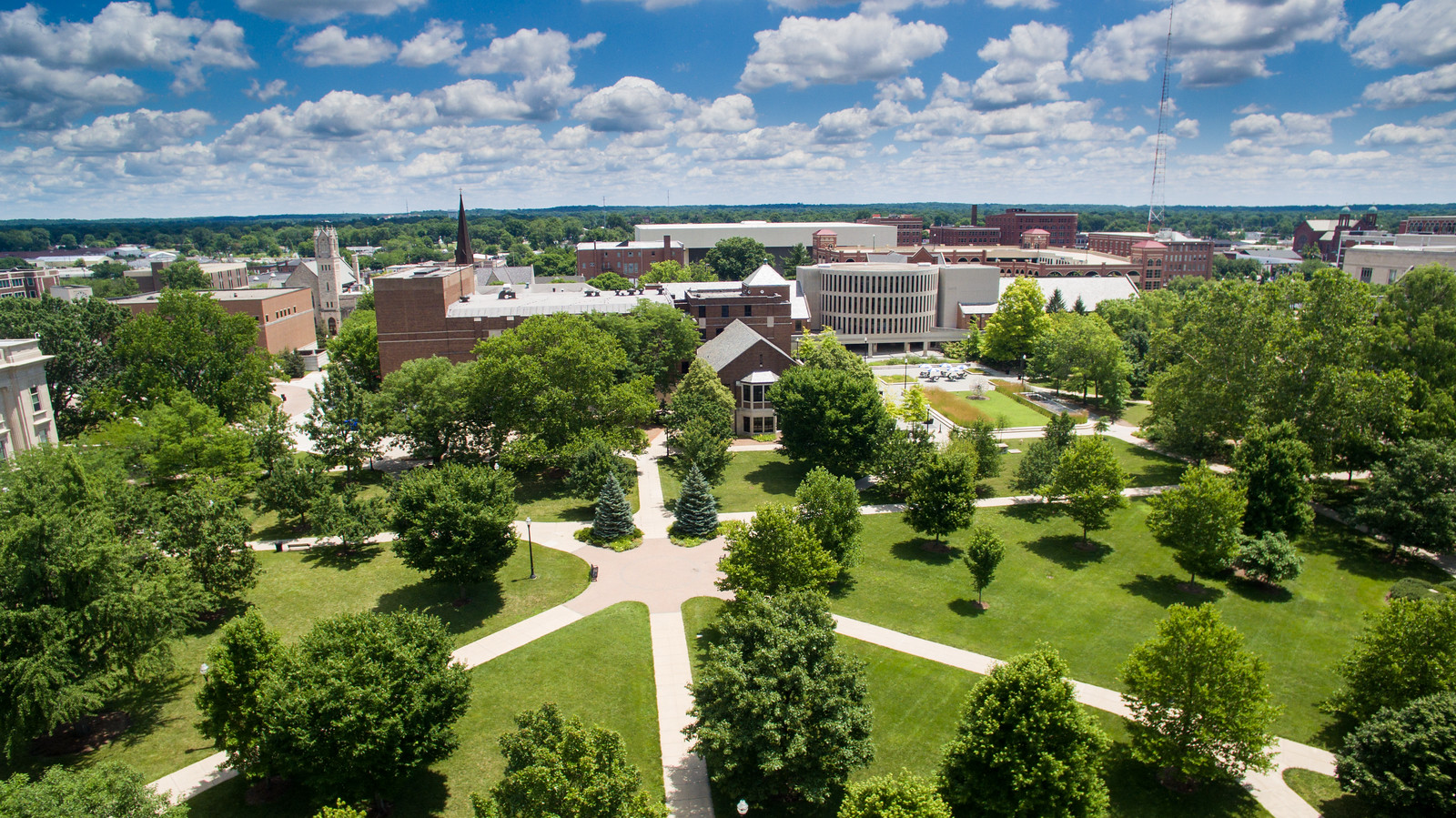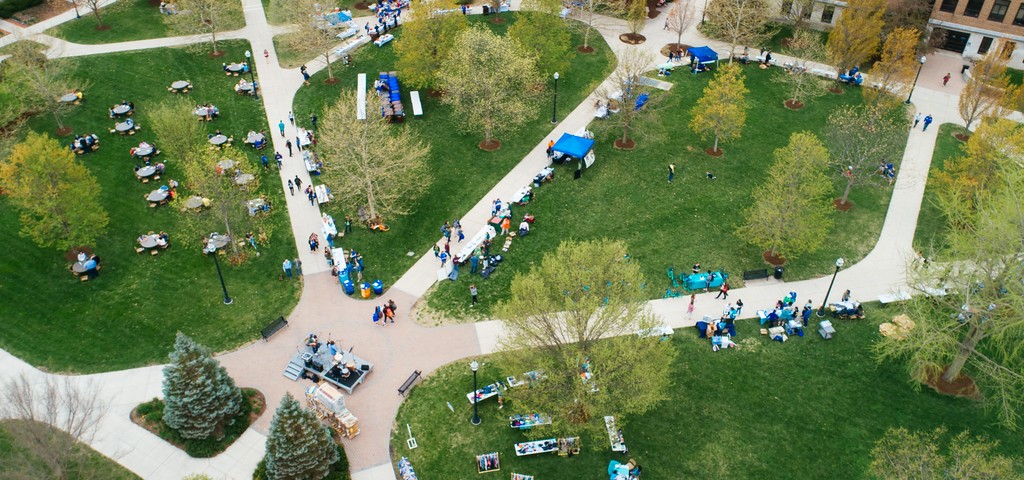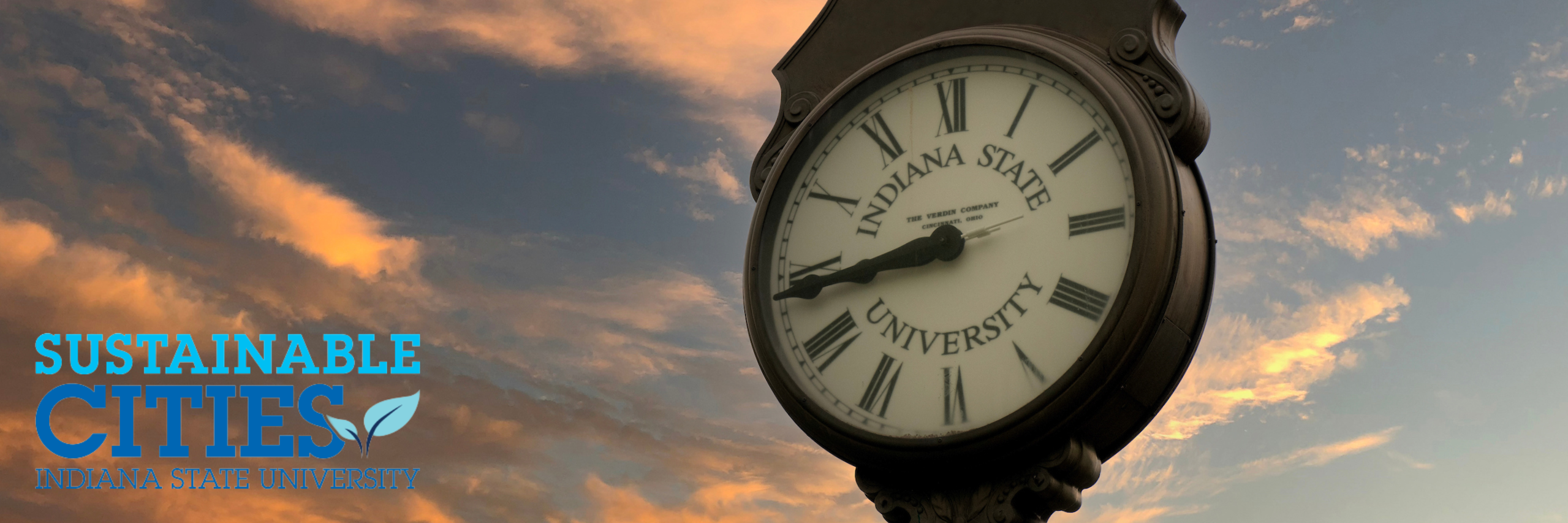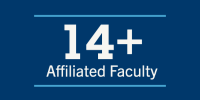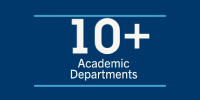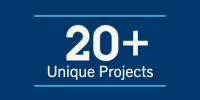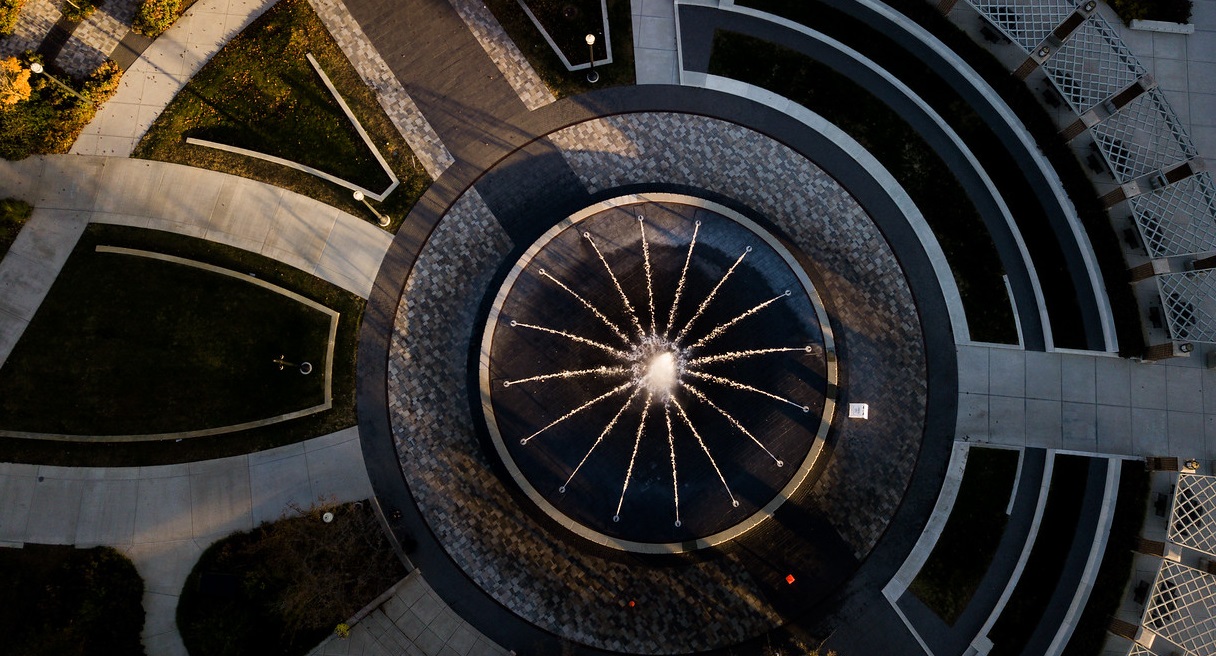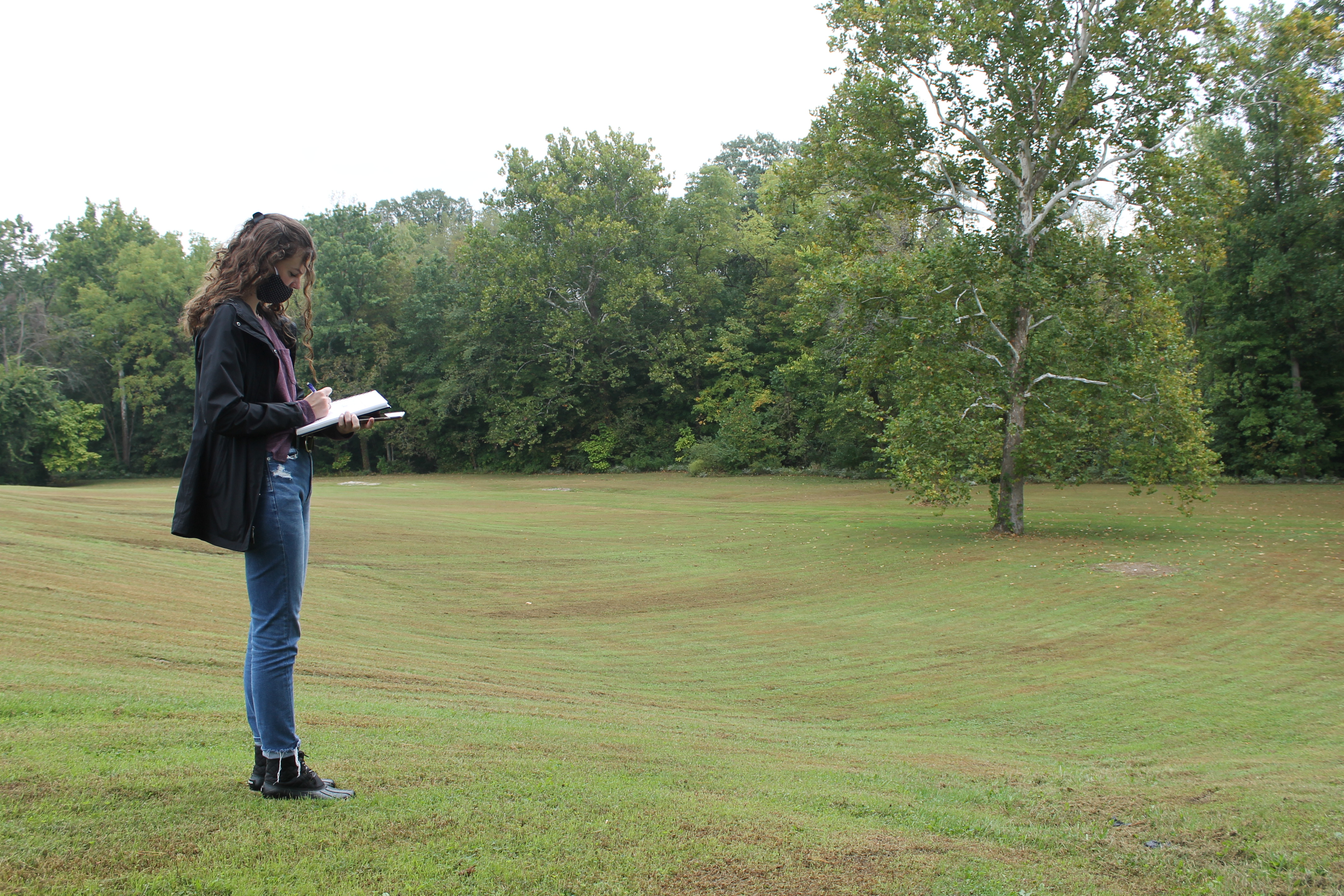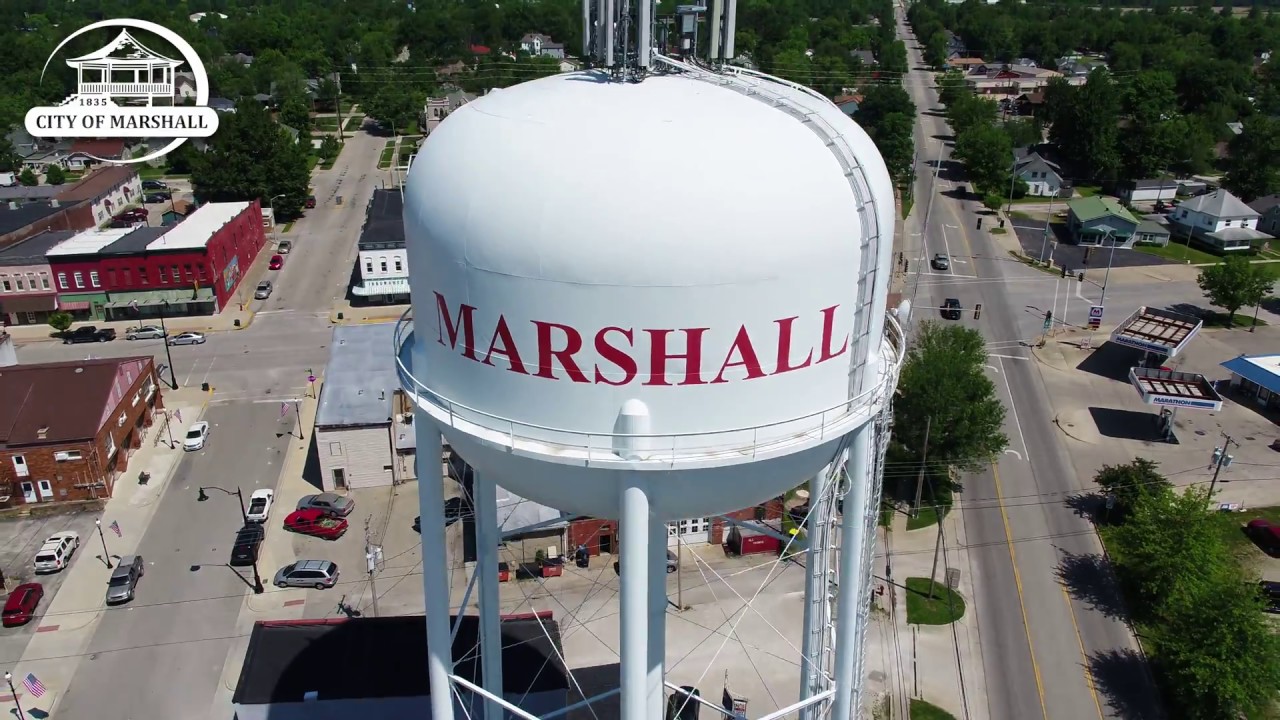
Current Partnership - The City of Marshall
The City of Marshall in Illinois is our new community partner for the 2022-23 academic year. This partnership will unite SC faculty with a great community.
The City of Marshall is the county seat of Clark County, Illinois and approximately 20 miles west of Terre Haute. The population is approximately 3,500. This is a vibrant community in the Wabash Valley and has great community leadership. Mayor John Hasten and so many community members have shown dedication to the growth of Marshall.
Participating faculty will integrate projects in partnership with city staff and community points of contacts. Students will receive real-world experiential projects and experiences that will help deepen learning and connect to career readiness competencies. Any interested faculty are encouraged to reach out and learn how you can participate in the program.
Resources
Projects
The City of Marshall and the SC program will soon host a listening session within the community to learn more about the community and potential projects for sustainable development.
The SC program would like to invite all interested students, staff, and faculty at ISU to come to one of our campus listening sessions. We especially want to invite students, staff, and faculty from Marshall to come to our listening sessions to hear about the program and provide their ideas for projects within the community.
Faculty Profiles
Ms.Katrina Babb - Sr Instructor Dir Ctr Eco Ed for the Department of Economics
During the Spring semester of 2022 her Econ 351 Labor Economics class will work with the Mayor and City Clerk of Marshall, IL to develop trainings, workshops, lesson plans, and more to provide to community members that want to start a business in Marshall.
Dr. Arif Akgul - Associate Professor for the School of Criminology and Security Studies
During the Fall semester of 2022 his INAN 320 Strategic Intelligence class worked with the Mayor, Police Chief, the Sheriff, Health Department Officials, and Director of Public Works of Marshall, IL to develop a drug strategy and action plan aimed to understand and assess the local needs and create a strategic plan on drug use and the overdose problem in Marshall.
Dr. Craig Morehead - Assistant Professor for the Department of Kinesiology, Recreation, and Sport
During the Fall semester of 2022 his SPM 440 Sport Facility Planning class worked with Director of Public Works of Marshall, IL to develop an indoor venue appropriate for recreation and physical activity, particularly during colder months, for all citizens of Marshall and on an outdoor complex that may serve as a venue to host tournaments and act as a mechanism for sport tourism.
Mrs. Kimberly Smith - Senior Instructor & Interior Architecture Design (IAD) Program Coordinator for the Department of Built Environment
During the Fall semester of 2022 her IAD 251 Residential Design+Bath class worked with the Marshall Public Works Technician, Joel Sims, to develop single family homes within the $100,000 price point to attract young, professional families to the Marshall community and to create more/new housing stock for potential buyers in the area, especially for families looking for modern amenities in a historic rural community.
Eric Post - Assistant Professor for the Department of Applied Medicine and Rehabilitation
During the Fall semester of 2022 his ATTR 639 Public Health in Athletic Training class worked with area health providers to perform a needs assessment on the potential costs and resources needed to provide a community-facing athletic trainer within the Marshall, IL community. In addition, they shared perspectives on how athletic trainers can provide services to serve the health needs in the Marshall community, and determined the best strategies for providing access to athletic trainers in the Marshall community.
Dr. Jim Speer - Professor for the Department of Earth and Environmental Systems
His ENVI 460 Conservation and Sustainability class will be partnering with the Marshall, IL City Engineer and GIS Expert to conduct original research for about 30 individual student research projects where they collect data and analyze it related to community-identified issues. Proposed projects include a bike path plan, downtown revitalization, transportation initiatives, recreation opportunities, and brownfield and superfund site soil analysis and remediation plan.
Dr. Nathan Myers - Professor for the Department of Political Science and Director of the Master of Public Administration program
One of his graduate courses in the MPA program, PA 605: Organizational Behavior in Government Agencies, is working with the city of Marshall, IL to develop an internal and external communication plan to better coordinate activities surrounding a community-wide event celebrating the upcoming eclipse in 2023. Other students in the same course are working on providing background information regarding the establishment of a community foundation in Marshall.
Dr. Myers' PA 602: Statistical Analysis in Public Administration class will address some concerns about housing in Marshall related to the affordability of housing for younger couples, families, and individuals looking to live in the community. The class is particularly focused on how to create an affordable housing development in a manner that not only attracts younger people/families to the community, but helps the community to attract essential occupations, such as teachers and nurses.
Students in Dr. Myers' PSCI 415/515 Public Policy class will be looking at opportunities for clean-up and re-use of multiple sites that qualify as brownfield and superfund sites and identifying funding opportunities for such work.
Dr. Maureen Casile - Assistant Professor for the Department of Management, Information Systems, and Business Education
Her MBA 690 class partnered with Marshall, IL city officials plan two events to attract residents of surrounding communities to Marshall for the holiday season.


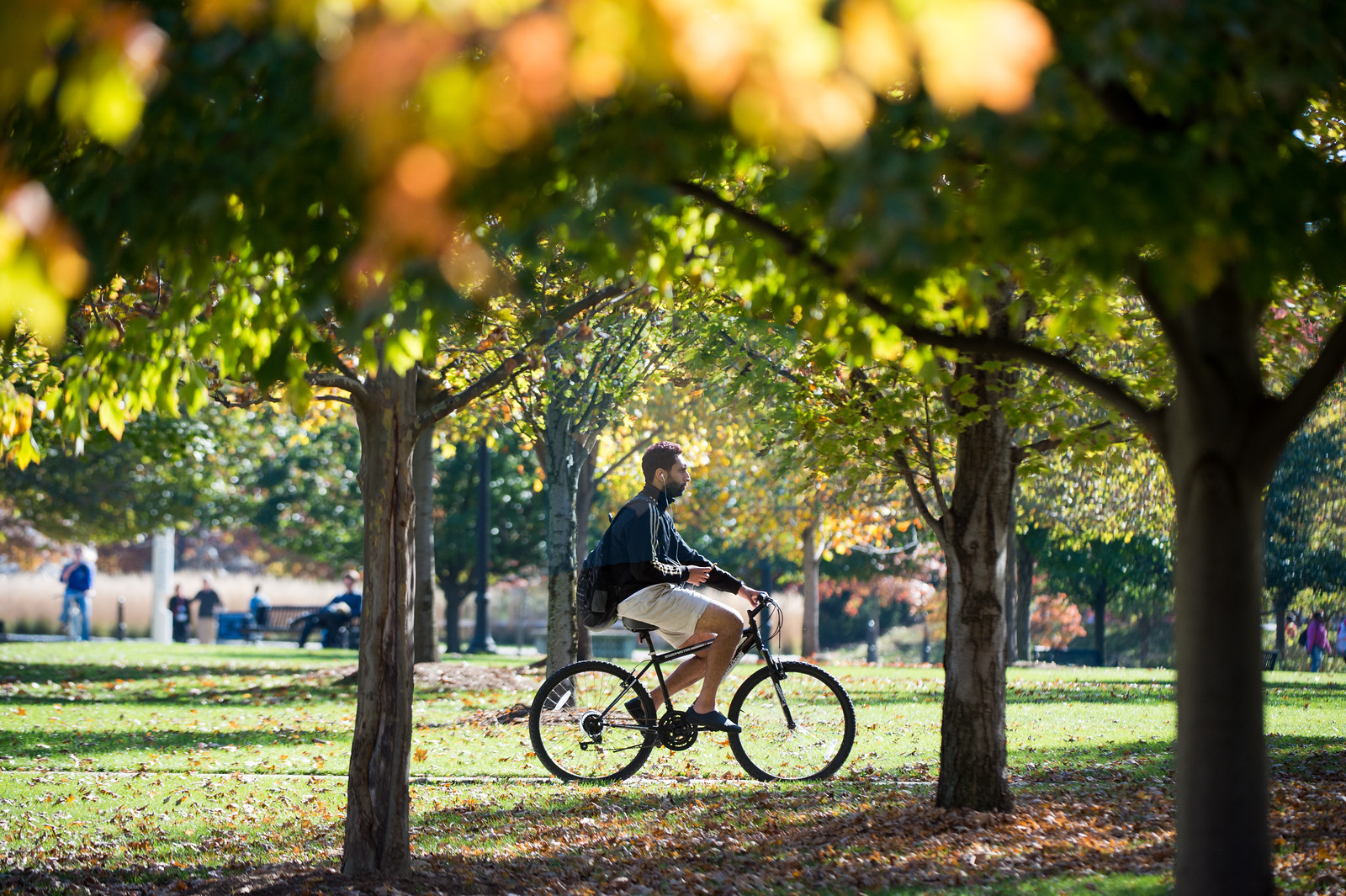
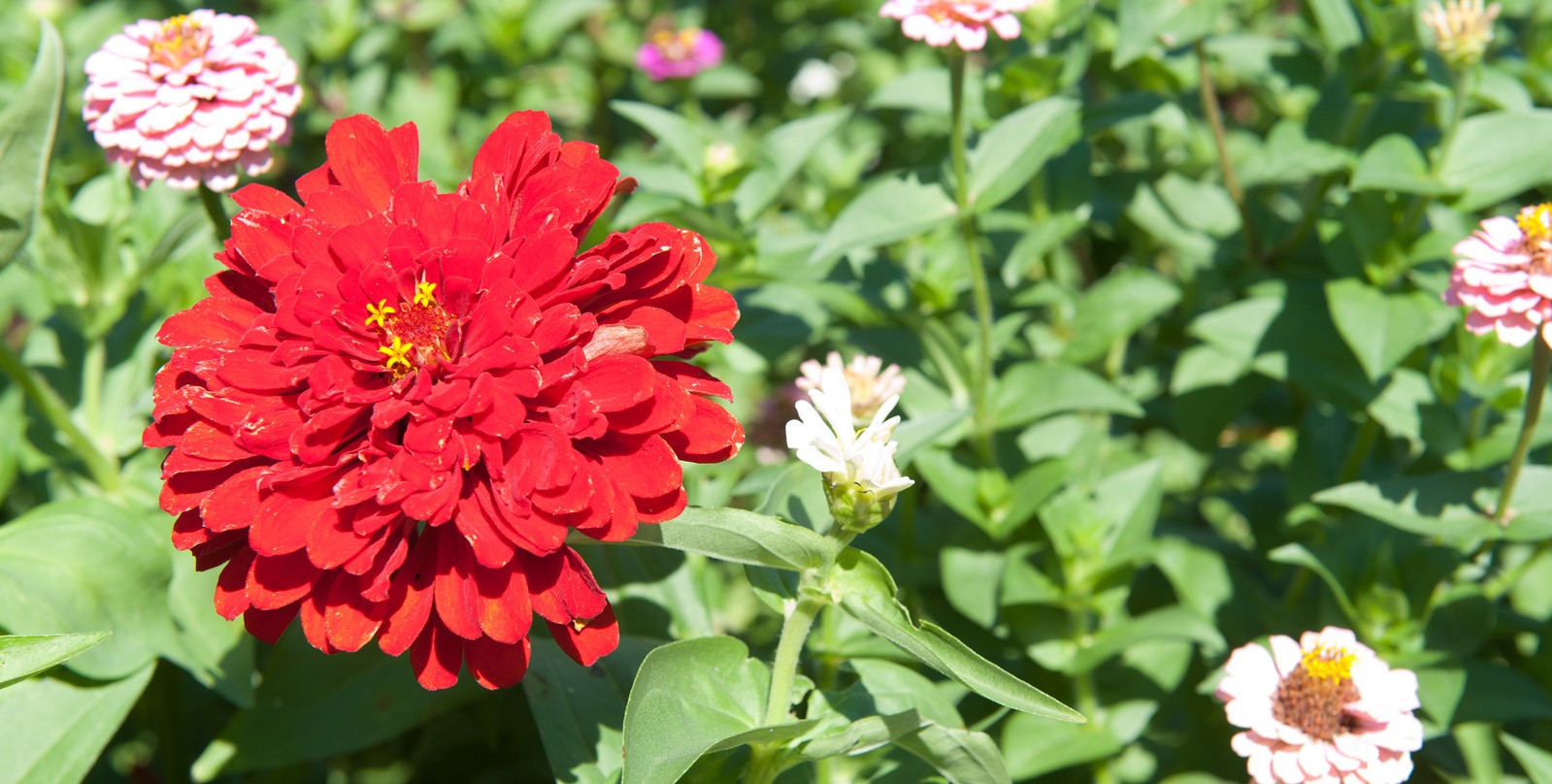
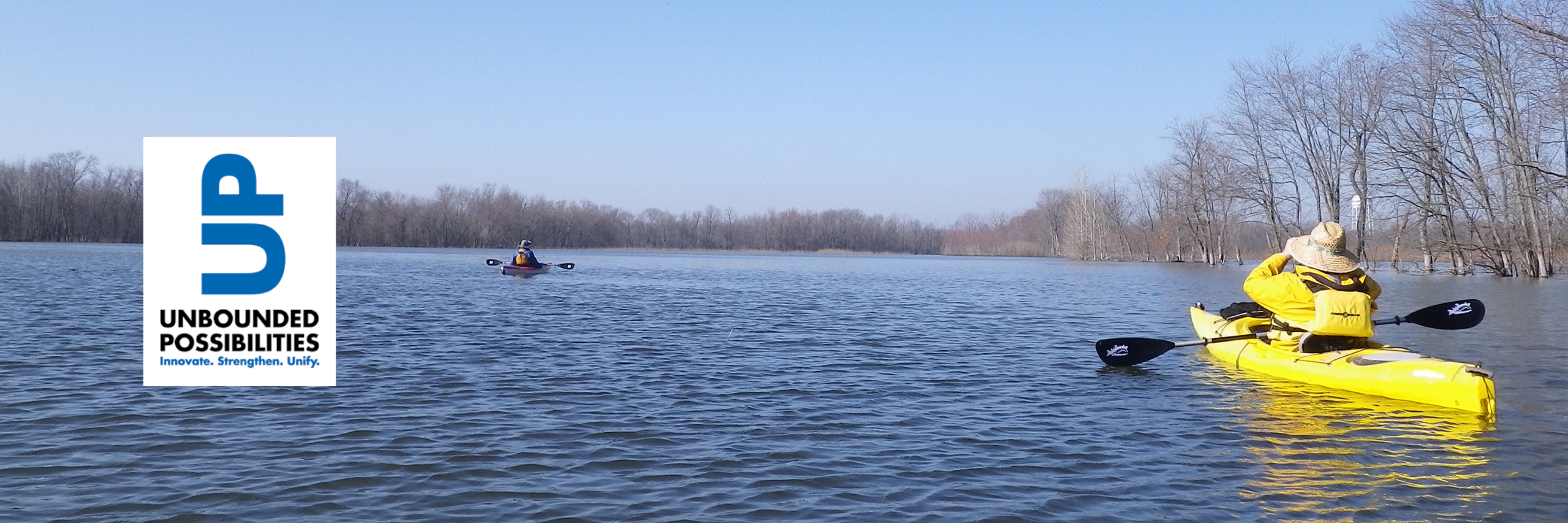
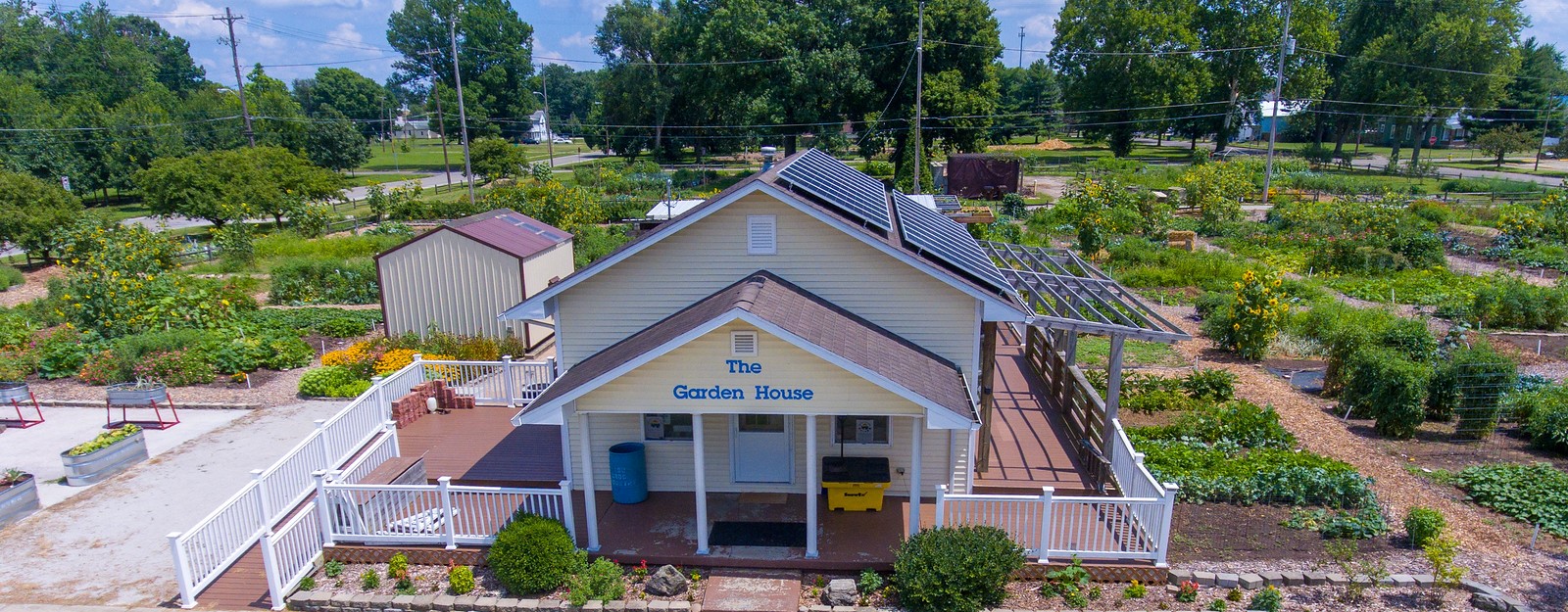
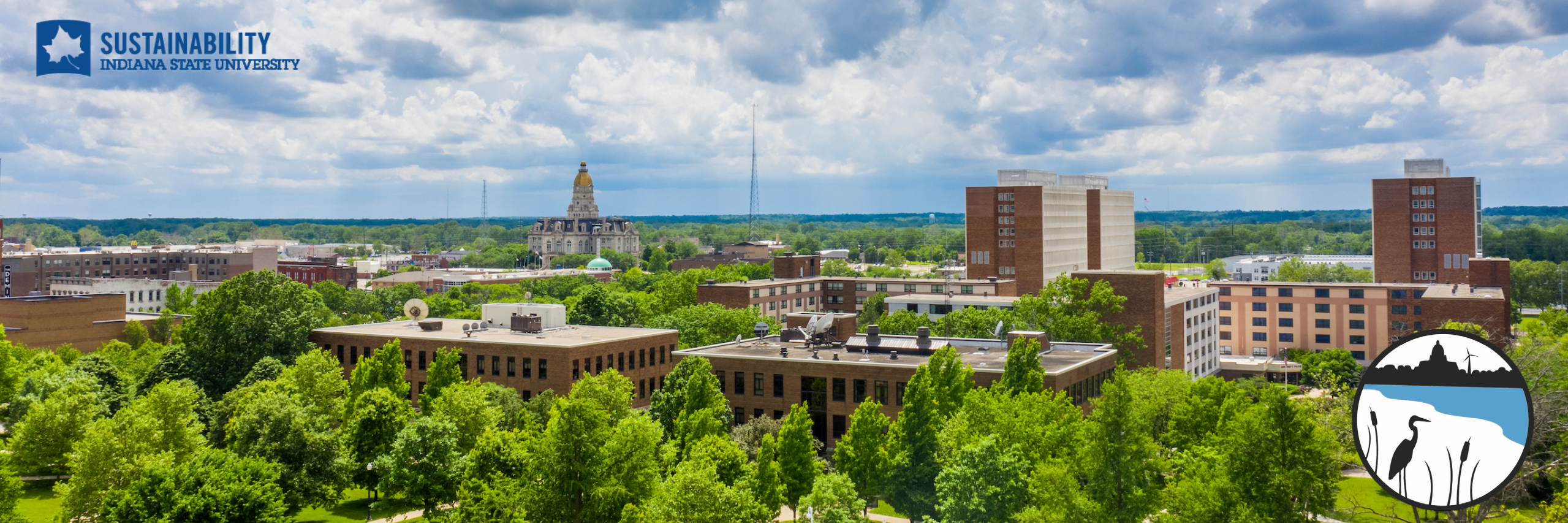
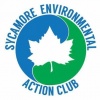 The Sycamore Environmental Action Club (SEAC) is a student-led organization that is dedicated to cultivating environmental awareness, promoting environmental education, and fostering environmental leadership through experiential and service learning activities.
The Sycamore Environmental Action Club (SEAC) is a student-led organization that is dedicated to cultivating environmental awareness, promoting environmental education, and fostering environmental leadership through experiential and service learning activities.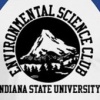 The Environmental Science Club educates and exposes members to experiences in fields of environmental science. They also educate the local public through community outreach about the environment and processes involved. They are involved in many service opportunities the community and education opportunities on campus.
The Environmental Science Club educates and exposes members to experiences in fields of environmental science. They also educate the local public through community outreach about the environment and processes involved. They are involved in many service opportunities the community and education opportunities on campus. 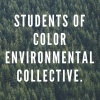 The Students of Color Environmental Collective is an organization started by and for students of color that are passionate about sustaining the Earth. This club focuses on the intersection of identities and how environmental injustices impact the lives and safety of humans and the Earth. They focus on exploring issues of sustainability and how they can influence the campus community.
The Students of Color Environmental Collective is an organization started by and for students of color that are passionate about sustaining the Earth. This club focuses on the intersection of identities and how environmental injustices impact the lives and safety of humans and the Earth. They focus on exploring issues of sustainability and how they can influence the campus community. Let Us Live is an organization associated with the Greater Terre Haute NAACP region to educate and advocate for environmental justice in the community. Formed through an environmental justice committee, this organization has ties to ISU members and the community. Follow their
Let Us Live is an organization associated with the Greater Terre Haute NAACP region to educate and advocate for environmental justice in the community. Formed through an environmental justice committee, this organization has ties to ISU members and the community. Follow their 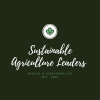 Sustainable Agriculture Leaders (SAL) is a student-led organization dedicated to growing agriculture in sustainable ways by partnering with the ISU Community Garden and Sycamore Food Forest. They want to raise awareness of food insecurity in our community at ISU and in Terre Haute and address it by directly donating produce.
Sustainable Agriculture Leaders (SAL) is a student-led organization dedicated to growing agriculture in sustainable ways by partnering with the ISU Community Garden and Sycamore Food Forest. They want to raise awareness of food insecurity in our community at ISU and in Terre Haute and address it by directly donating produce. 